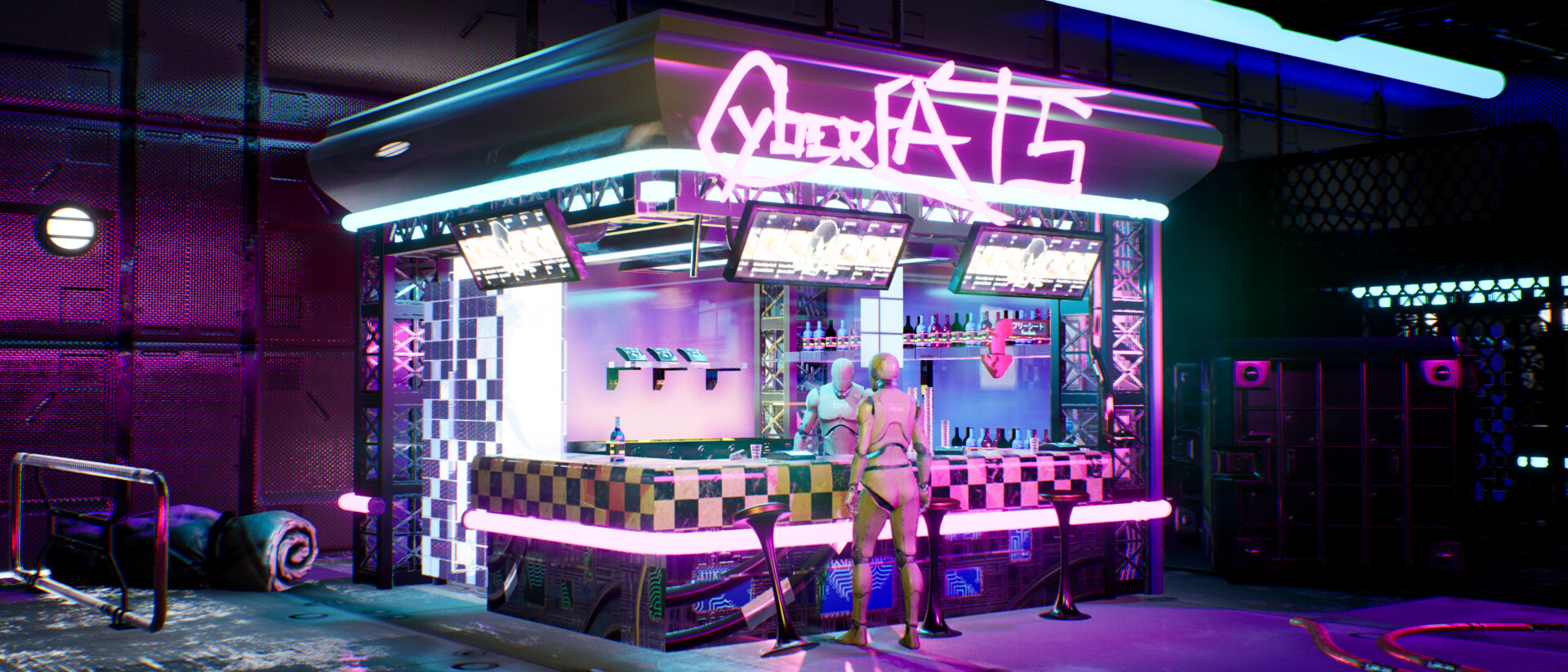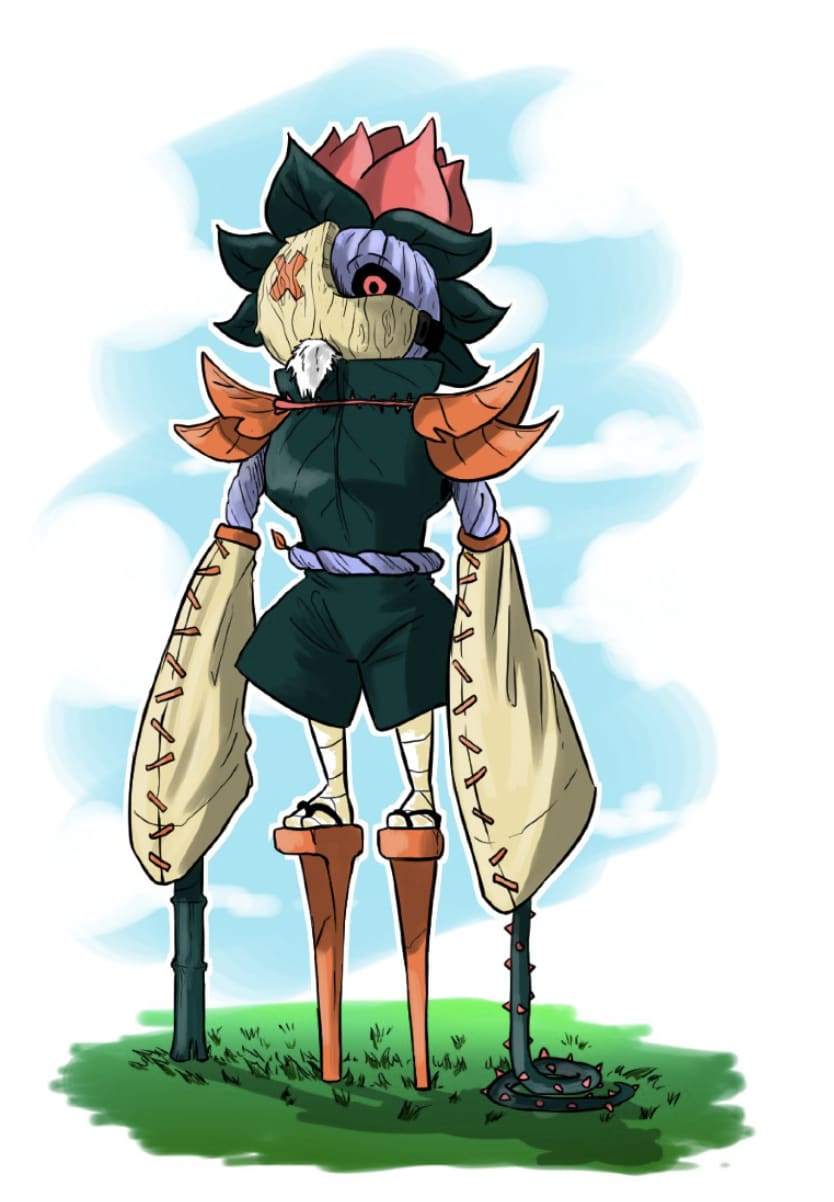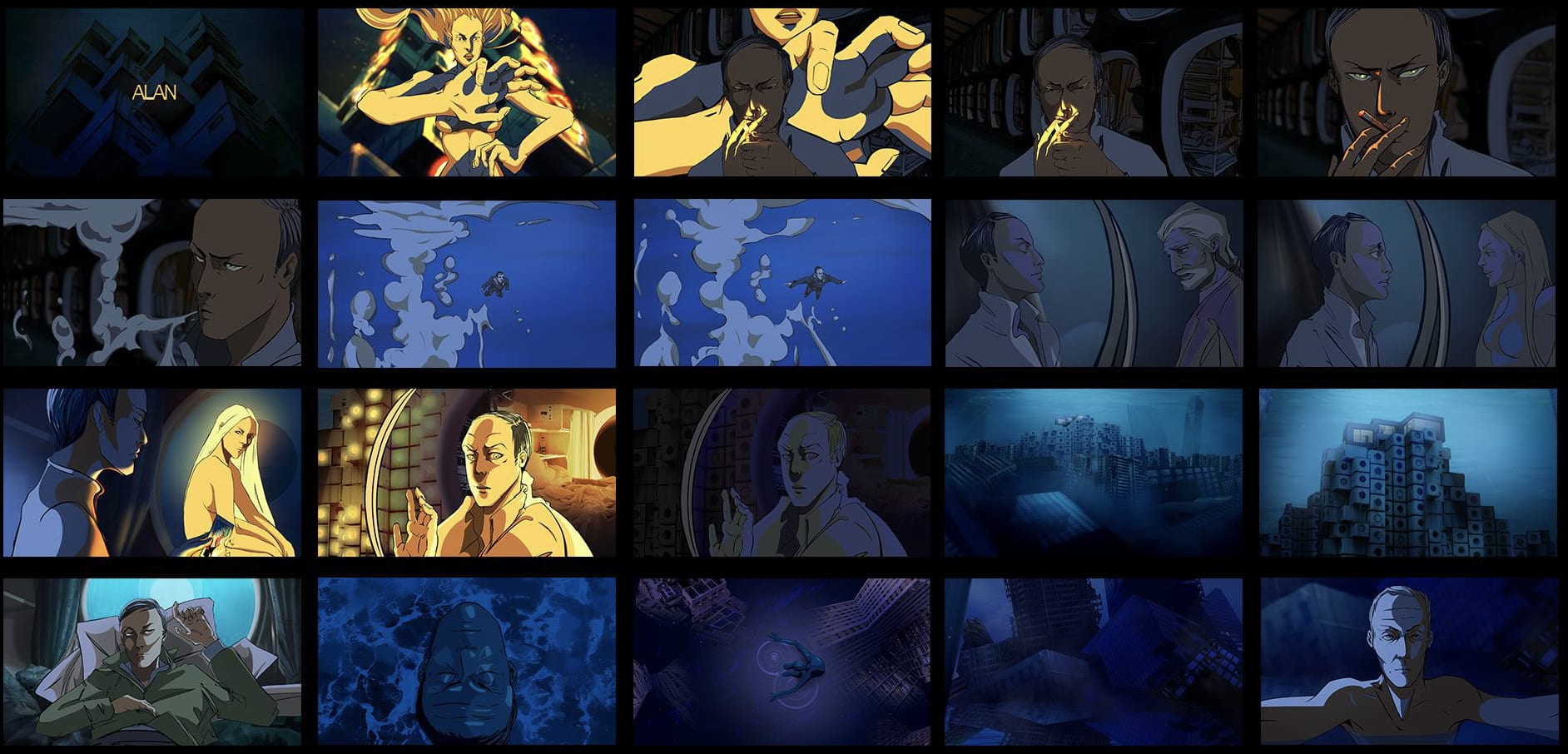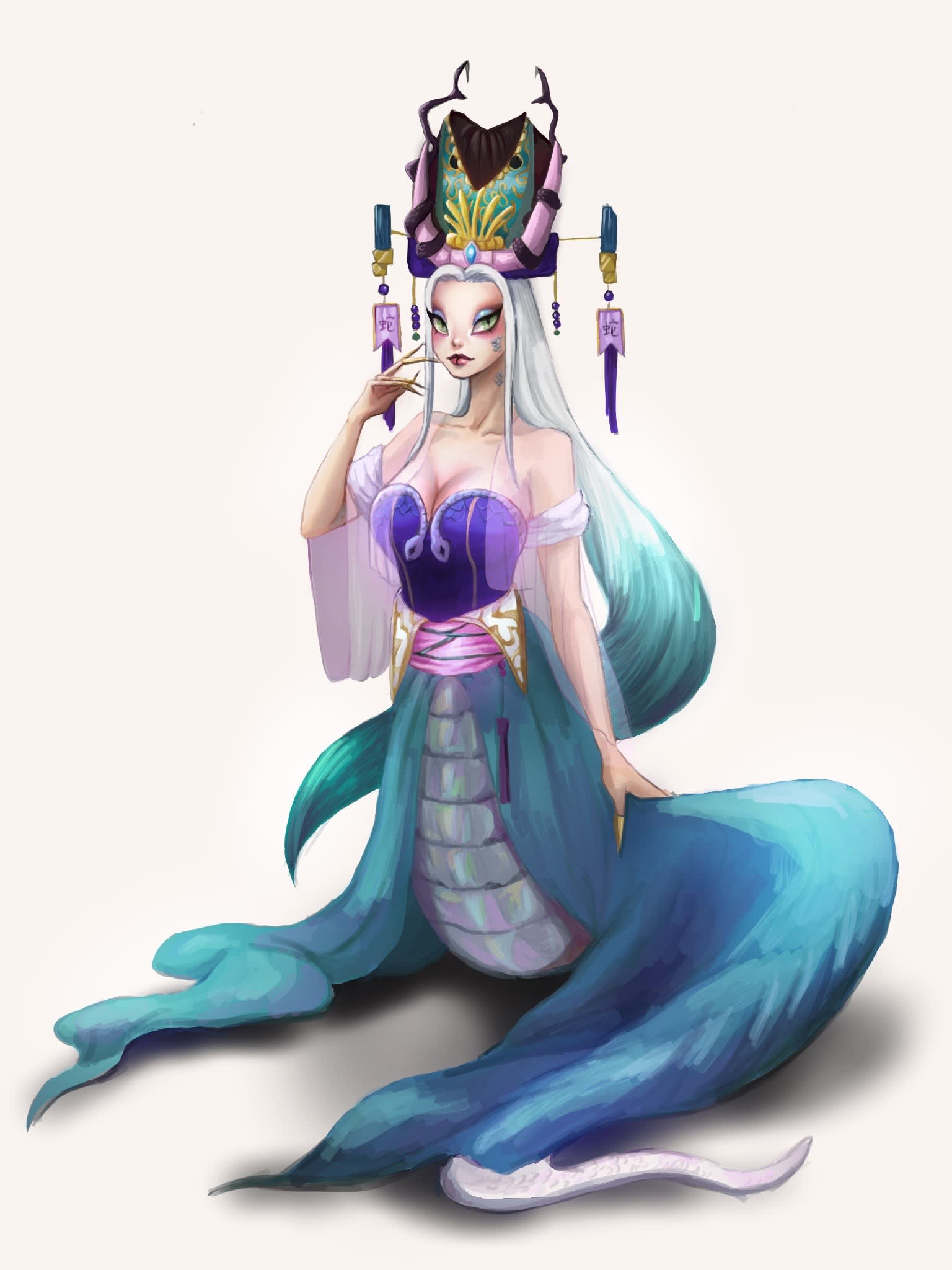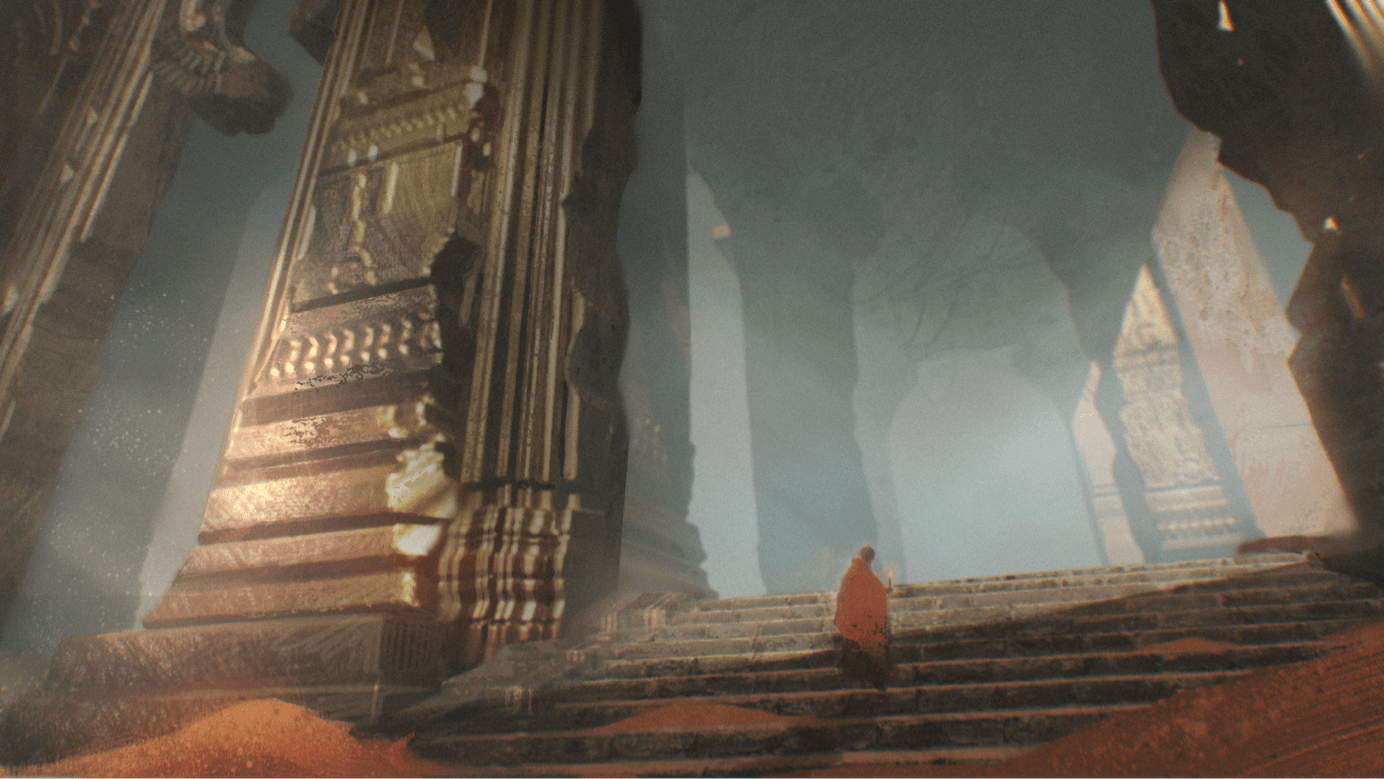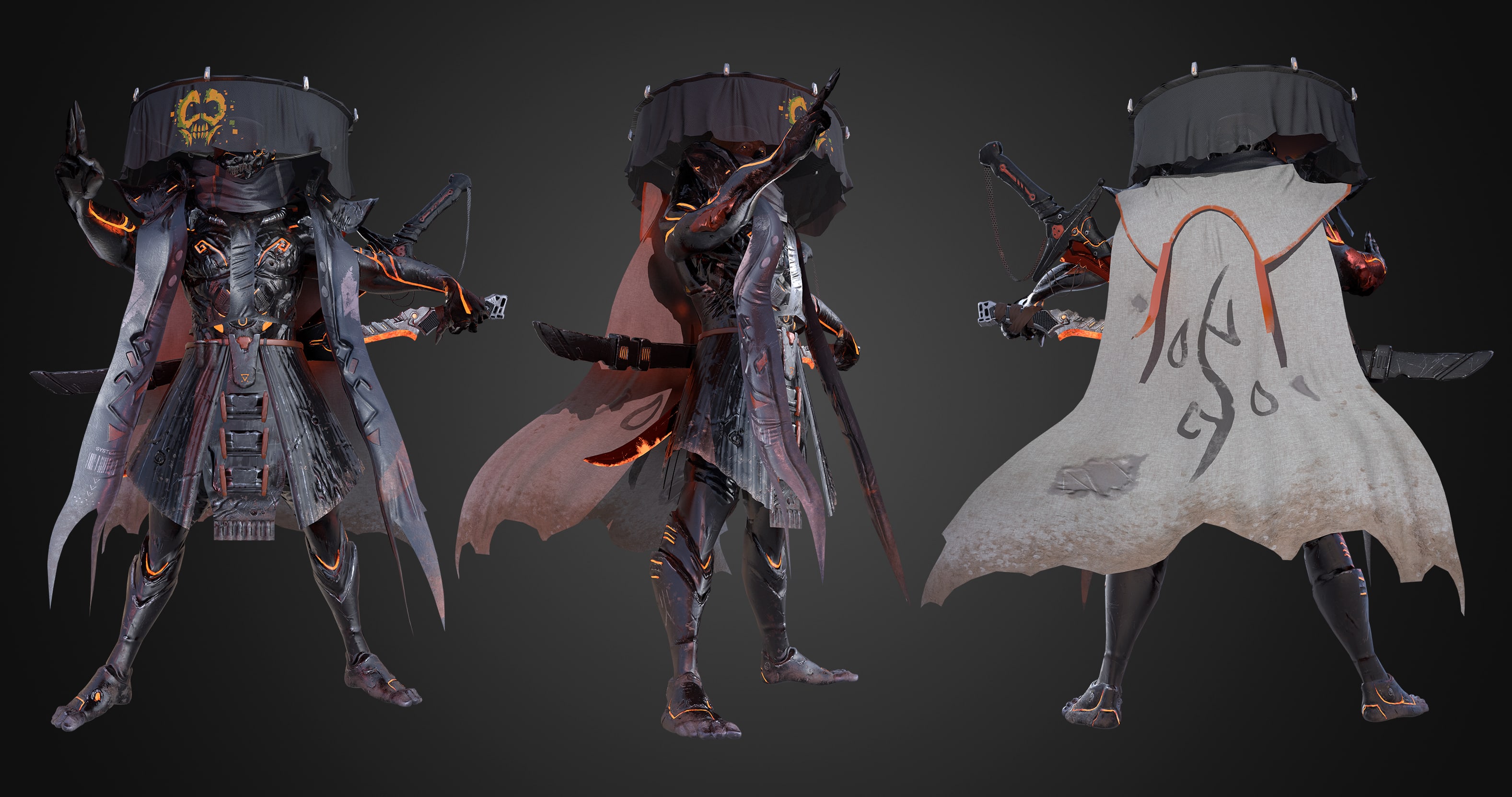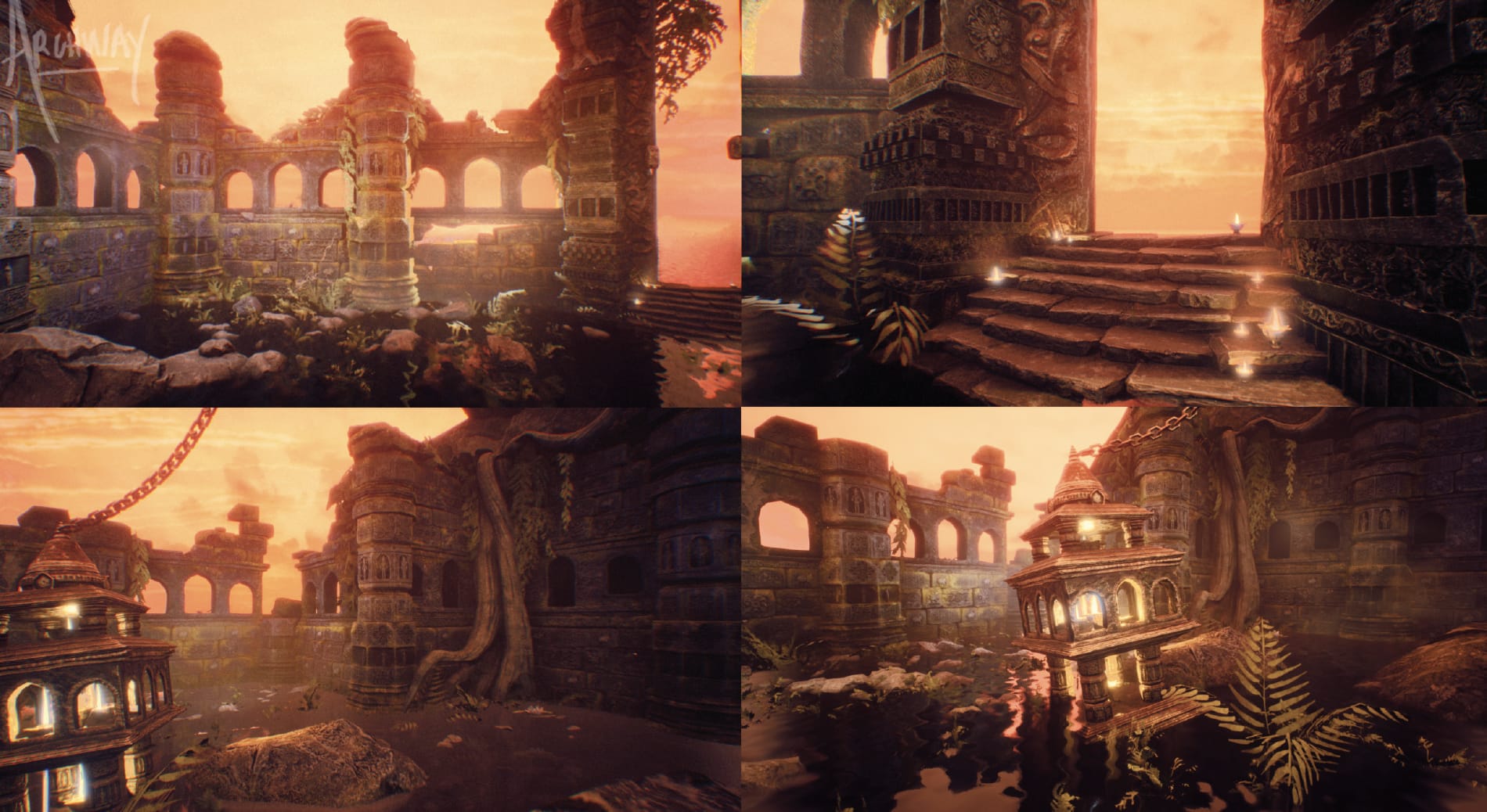Course units
In response to the Climate Emergency, UAL has embedded responsible practices within the curriculum. We shaped our courses around principles of social and racial justice, and environmental sustainability that ensure learning outcomes reflect the urgent need to equip you with the understanding, skills, and values for ethical practice and empower you to work towards an equitable future.
In common with all courses at University of the Arts London, this course is credit rated. The course is 3 years, levels 4-6. Each year requires you to achieve 120 credit points. To be awarded the BA (Hons) Games Art qualification, you need to accumulate a total of 360 credits.
Year 1
Introduction to Games Art (20 credits)
This unit introduces you to your course, subject, and effective learning as an undergraduate student. It will orientate you to the practices and knowledge-base needed to understand your discipline, and help you to develop skills for independent and collaborative learning, reflection, and your own self-development. Students come from many diverse educational backgrounds, and you’ll have an opportunity to reflect on how your own background shapes the way you approach your course.
Principles of Games Art (40 credits)
Providing an understanding of narrative design and how the fundamentals of design underpin games art, this unit will support you to develop essential skills through a range of creative and technical analogue and digital workshops. You’ll use short projects to reinforce and embed learning and work collaboratively to maximise the scope of project development. The skills and technical aspects you develop will underpin your approach to future projects.
Games Art Pipeline (40 credits)
Building on previous units, you’ll develop your skillset further by experimenting with different themes, techniques, skills and formats. Applying artistic rules and theories, you’ll put theoretical studies into practice to challenge and advance your ways of working.
Informed Practice 1 (20 credits)
This unit will establish and negotiate a project that pushes your critical and creative research, writing and exploration, you’ll be introduced to histories, theories and debates relating to games, visual and technological cultures, and study examples in broader social, historical and cultural contexts to consider the multiplicity of meanings and functions assigned to visual culture.
Year 2
Professional Practice (20 credits)
This unit introduces you to the roles and responsibilities of group work, enabling you to put personal and professional development principles into practice.
You’ll have the opportunity to work in multidisciplinary teams with students from other courses - and, more widely, with external collaborators – to use subject-specific skills to achieve a common goal. This unit can also help prepare you for the Diploma in Professional Studies (DPS).
Visual Immersion (40 credits)
You’ll be introduced to the defining technical and artistic principles that underpin visual immersion, enabling you to better understand the practices and skills needed to create professional moving image products. You'll also be encouraged to experiment with a wide array of digital production methodologies to develop project work.
Exploratory Practice (40 credits)
You’ll produce game-ready artefacts that demonstrate a developing knowledge of your specialist practice, and - most importantly - how that practice intersects with other mediums. You’ll produce a project that demonstrates your understanding of the broader context of your technical specialism.
Informed Practice 2 (20 credits)
You’ll develop your broader knowledge and understanding of culture within the video games industry alongside wider culture informing your practice. You’ll reflect, analyse and contextualise by exploring themes of equality, diversity, inclusivity and sustainability through theoretical investigation, such as the critical evaluation of ethics and violence within video games. This unit will prepare you for your extended piece of academic writing in Informed Practice 3.
Year 3
Final Major Project (60 credits)
You’ll have the space and direction to produce and negotiate a specialised piece of work that supports your future aspirations. You’ll consider your creative route, receive expert guidance towards completion of your chosen subject, and have the opportunity to work collaboratively with other disciplines.
Informed Practice 3 (20 credits)
You’ll submit an academically rigorous piece of work manifesting critical enquiry, reflection, analysis and original research. You’ll demonstrate detailed research, apply a range of different research methods and methodological approaches, and contextualise your work from a historical, socio-political and theoretical perspective, informed by your approach to your own creative practice.
Professional Futures (40 credits)
You’ll consider your future goals and aspirations and produce content to help propel your career forward. Shaping your knowledge of professional standards, you’ll also enhance your critical thinking and problem-solving abilities, with a focus on finessing your professional, industry-facing portfolio of work.
Optional Diploma between Years 2 and 3
Between Years 2 and 3 of your course, you’ll also have the opportunity to undertake one of the following qualifications:
Diploma in Professional Studies (DPS) (Optional)
An optional, year-long learning opportunity which enables you to develop your professional skills by undertaking time out for industry experience. Supported throughout the year by academics, you’ll build on the knowledge gained on your course in a range of national or international locations, and graduate with an additional qualification of Diploma in Professional Studies.
UAL Diploma in Creative Computing (Optional)
Between Years 2 and 3, you can undertake the year-long Diploma in Creative Computing. This will develop your skills in creative computing alongside your degree. After successfully completing the diploma and your undergraduate degree, you’ll graduate with an enhanced degree: BA (Hons) Games Art (with Creative Computing).
